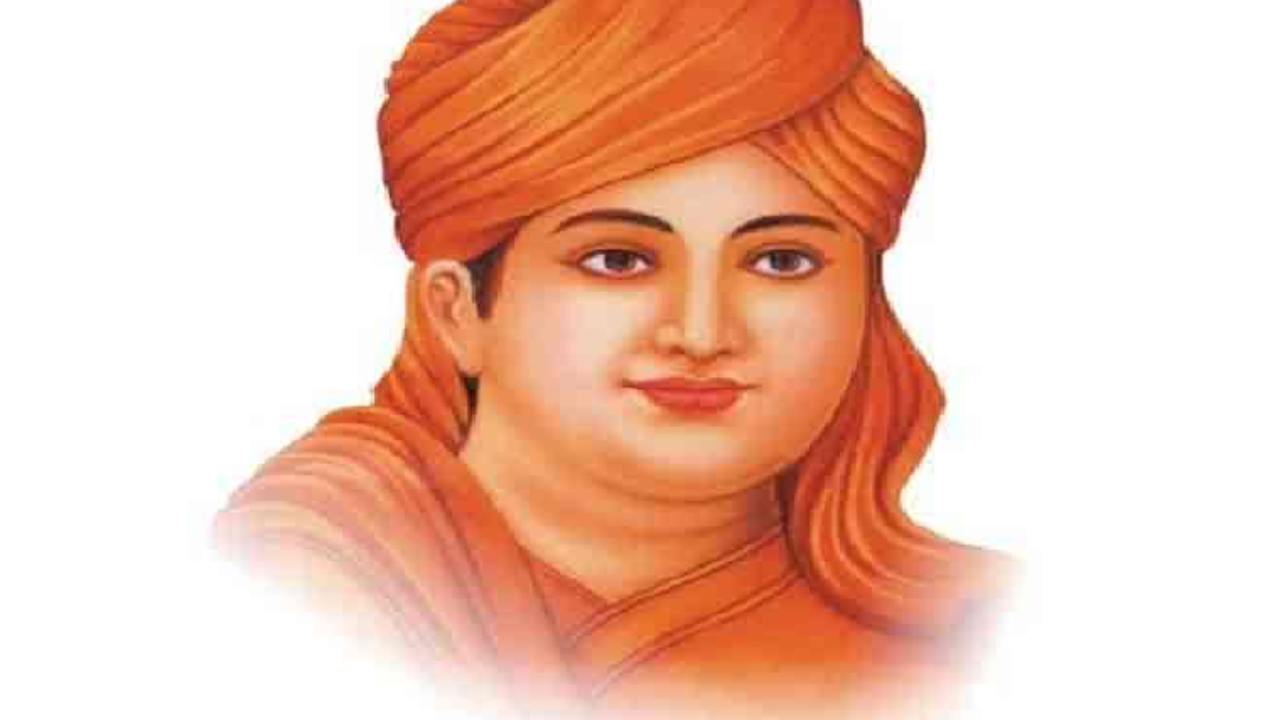Indian History
Maharishi Dayanand Saraswati Jayanti
- 26 Feb 2022
- 5 min read
For Prelims: Maharishi Dayanand Saraswati Jayanti, Arya Sama.j
For Mains: Maharishi Dayanand Saraswati Jayanti and his contribution, Important Personalities, Guiding principles of the Arya Samaj.
Why in News?
Maharishi Dayanand Saraswati Jayanti is celebrated every year to mark the birth anniversary of the Maharishi Dayanand Saraswati.
- This year, the day will be celebrated on 26th February.
- As per the traditional Hindu calendar, Dayanand Saraswati was born on the Dashami Tithi of Phalguna Krishna Paksha.
Who was Maharishi Dayanand Saraswati?
- Birth:
- Swami Dayanand Saraswati was born on 12th February 1824 in Tankara, Gujarat in a Brahmin family. His parents, Lalji Tiwari and Yashodhabai were orthodox Brahmin.
- He was earlier named Mool Shankar Tiwari as he was born during Mool Nakshatra.
- He wandered as an ascetic for fifteen years (1845-60) in search of truth.
- Dayananda’s views were published in his famous work, Satyarth Prakash (The True Exposition).
- Contribution to the Society:
- He was an Indian philosopher, social leader and founder of the Arya Samaj.
- Arya Samaj is a reform movement of Vedic dharma and he was the first to give the call for Swaraj as "India for Indian" in 1876.
- He was a self-taught man and a great leader of India leaving a significant impact on Indian society. During his life, he made a prominent name for himself and was known among a wide array of Prices and the public.
- The first Arya Samaj unit was formally set up by him at Mumbai (then Bombay) in 1875 and later the headquarters of the Samaj were established at Lahore.
- His vision of India included a classless and casteless society, a united India (religiously, socially and nationally), and an India free from foreign rule, with Aryan religion being the common religion of all.
- He took inspiration from the Vedas and considered them to be ‘India’s Rock of Ages’, the infallible and the true original seed of Hinduism. He gave the slogan “Back to the Vedas”.
- He subscribed to the Vedic notion of chaturvarna system in which a person was not born in any caste but was identified as a brahmin, kshatriya, vaishya or shudra according to the occupation the person followed.
- He was an Indian philosopher, social leader and founder of the Arya Samaj.
- Contribution to the Education System:
- He introduced a complete overhaul of the education system and is often considered as one of the visionaries of modern India.
- The DAV (Dayanand Anglo Vedic) schools came into existence in 1886 to realize the vision of Swami Dayanand Saraswati.
- The first DAV School was established at Lahore with Mahatma Hansarj as the headmaster.
What is Arya Samaj?
- It aims to reestablish the Vedas, the earliest Hindu scriptures, as revealed truth. He rejected all later accretions to the Vedas as degenerate but, in his own interpretation, included much post-Vedic thought.
- During the 1920s and early 1930s tension grew around a number of issues. Muslims were angered by “music-before-mosque”, by the cow protection movement, and by the efforts of the Arya Samaj to bring back to the Hindu fold (shuddhi) those who had recently converted to Islam.
- The Arya Samaj has always had its largest following in western and northern India.
- The Samaj opposes worship of murtis (images), animal sacrifice, shraddha (rituals on behalf of ancestors), basing caste upon birth rather than upon merit, untouchability, child marriage, pilgrimages, priestly craft, and temple offerings.
- It upholds the infallibility of the Vedas, the doctrines of karma (the accumulated effect of past deeds) and samsara (the process of death and rebirth), the sanctity of the cow, the importance of the samskaras (individual sacraments), the efficacy of Vedic oblations to the fire, and programs of social reform.
- It has worked to further female education and intercaste marriage, has built missions, orphanages, and homes for widows, has established a network of schools and colleges, and has undertaken famine relief and medical work.







